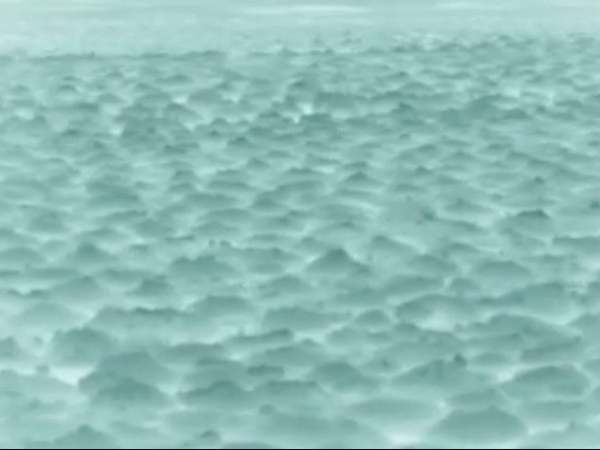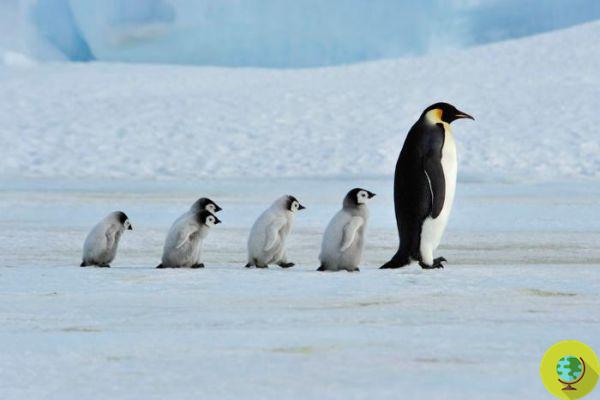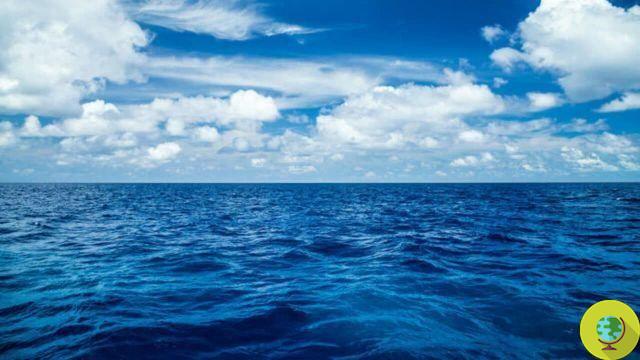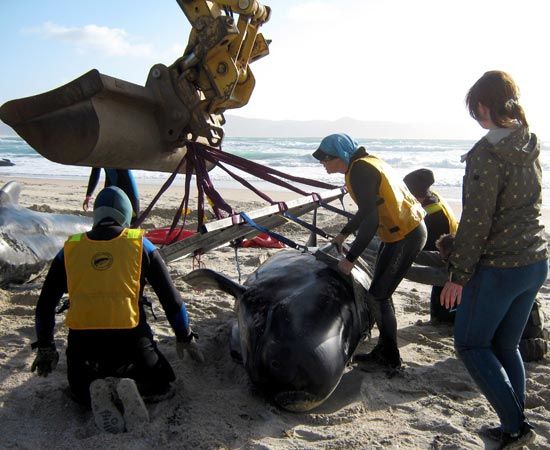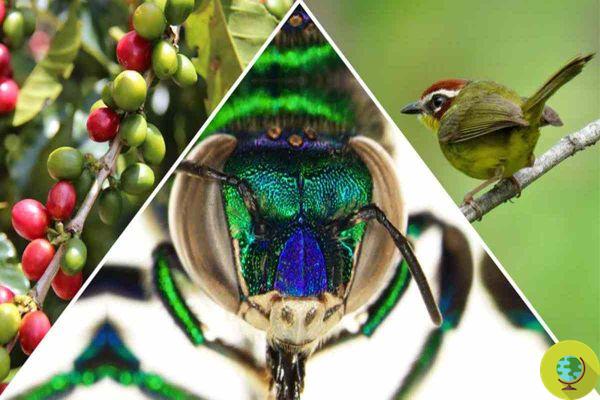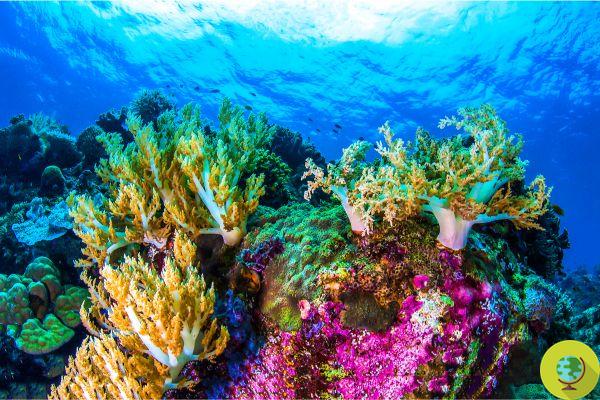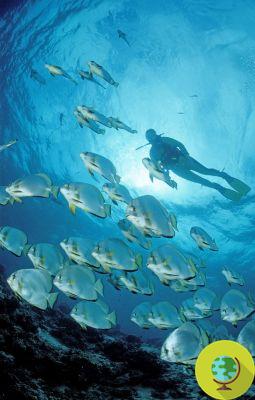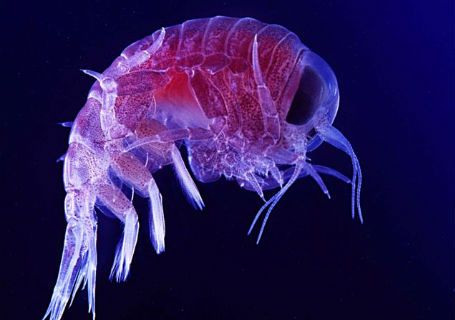Microplastics are killing fish, especially young ones that are still in the larval stage. The confirmation comes from a new study conducted by researchers from the University of Uppsala, Sweden. Microplastics for fish are becoming a harmful 'fast food'.
Microplastics are killing fish, especially young ones that are still in the larval stage. The confirmation comes from a new study conducted by researchers from the University of Uppsala, Sweden. Microplastics for fish are becoming a harmful 'fast food'.
The study was recently published in the journal Science. In particular, the researchers looked at fish living in European seas and the Baltic Sea. They discovered that, when they are still very small, they risk ingesting microplastics in greater quantities than the plankton, their natural nourishment.
Unfortunately, microplastics are present in ever higher concentrations in the seas and oceans, so much so as to confuse the fish and become a real killer nourishment. This is the first time that researchers have confirmed the phenomenon with regard to fish that are still in the larval stage and it is a major cause for concern.
It even seems that fish may prefer microplastics over plankton, as if they think it could be a resource with a high energy content. Eating plastic, on the other hand, unfortunately leads the small fish to death.
Furthermore, these fish are more likely to be caught by their predators. In the Swedish study, all fish exposed to microplastics died within 48 hours. Also according to the study, exposure to microplastics reduced the development rates of the eggs and the fish themselves.
About 96% of eggs hatched successfully in microplastic-free environments, while the percentage dropped to 81% for eggs that were exposed to large amounts of them.
The researchers pointed out that by 2050 there will be more plastic than fish in the oceans and that approximately 8 million tons of plastic end up in the waters of the planet every year. Plastic waste as it passes from rivers to seas breaks down into smaller and smaller pieces, eventually becoming microplastics.
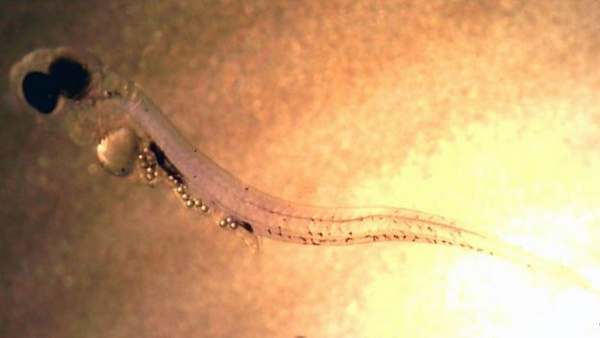
Microplastics have been found both in oceans and on beaches and in ice samples studied by researchers. If fish are victims of microplastics in the very early stages of their life, in the opinion of the experts, all this translates into a increased mortality rate, with effects that could be very serious for aquatic ecosystems.
When the fish ingest them, the microplastics become part of the food chain and consequently can reach our tables. The phenomenon is endangering the fish and ecosystems of the planet. Here's one more reason to start managing the problem better plastic waste and to recycle this material as much as possible before it ends up in the seas and oceans.
Marta Albè
Photo source: Science
Read also:
POLLUTION OF THE OCEANS: MICROPLASTICS ALSO IN THE FECA OF THE PLANCTON
MICROPLASTIC OCEANS: THERE IS MUCH MORE THAN THOUGH WE HAVE BELIEVED UNTIL NOW
MICROPLASTIC ALARM: COULD ALSO END IN OUR LUNGS





